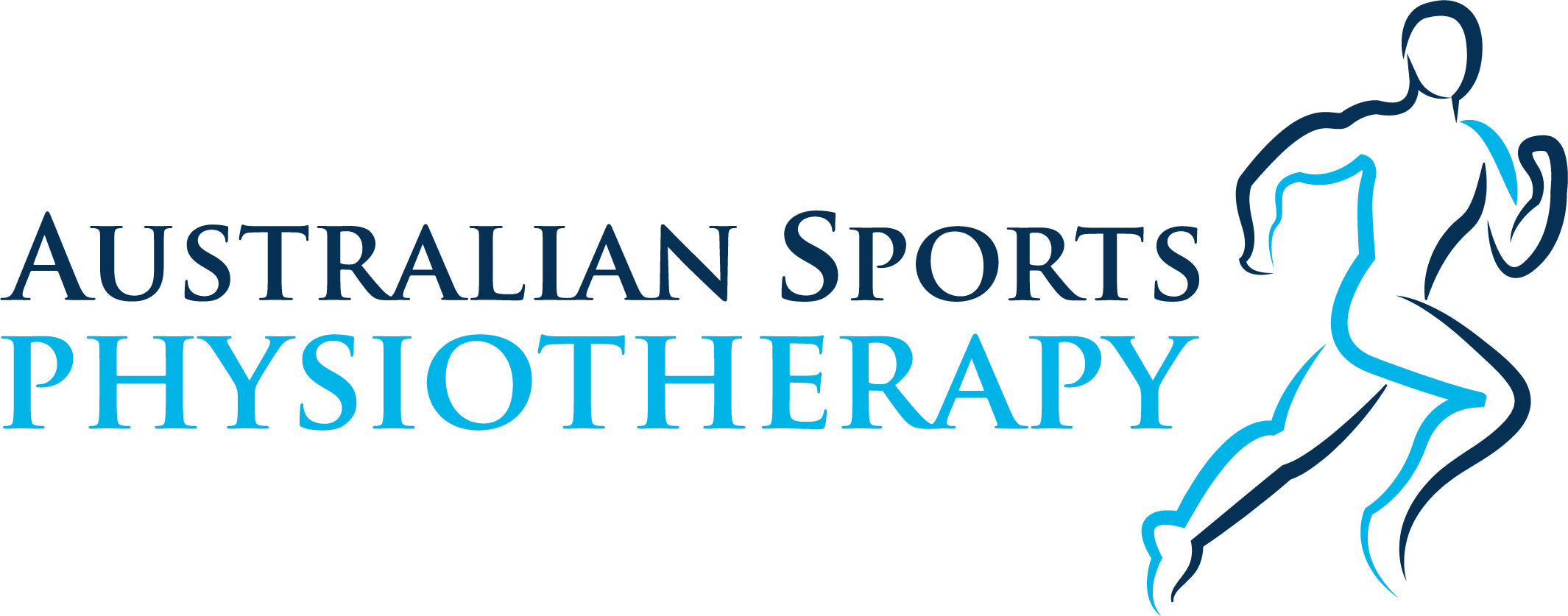Are you experiencing hip pain with particular movements that is impacting your daily activities? You may have femoroacetabular impingement (FAI) syndrome. This condition occurs when there is abnormal contact between the ball and socket of the hip joint, leading to pain and limited range of motion.
FAI syndrome is a common hip problem that can affect individuals of all ages, from athletes to older adults. It is important to seek proper treatment to alleviate symptoms and prevent further damage to the hip joint.
Physiotherapy is a highly effective treatment option for FAI syndrome. Through targeted exercises, manual therapy, and education, a physiotherapist can help improve hip mobility, reduce pain, and enhance function.
What is femoroacetabular impingement syndrome?
Femoroacetabular impingement syndrome, also known as hip impingement, is a condition that occurs when the bones of the hip joint are not shaped normally. This causes the bones to rub against each other abnormally, which can damage the labrum, a ring of tissue that cushions the hip joint, and the cartilage in the hip joint.
FAI syndrome is a common cause of hip pain, especially in young and active adults. Evidence and research suggests that this can lead to early osteoarthritis of the hip joint.
The 2 main types of FAI syndrome
1. Cam impingement
This occurs when the head of the femur (thigh bone) is abnormally shaped, causing it to bump against the acetabulum (socket in the pelvis).
2. Pincer impingement
This occurs when the acetabulum is too deep or covers too much of the femoral head.
FAI syndrome can also be caused by a combination of cam and pincer impingement.
How common is femoroacetabular impingement?
Around 10-15% of adults may have FAI, affecting people between 20-40 years old.
FAI is more common in athletes who participate in sports that involve repetitive hip flexion, such as soccer, dancing, and hockey. It is also more common in people who have a family history of hip problems.
Common symptoms of femoroacetabular impingement syndrome
The symptoms of FAI can vary, but they often include:
- Pain in the groin, hip and down the front of the thigh, especially with activity.
- A painful catching or clicking sensation in the hip.
- Difficulty bending or flexing the hip.
- Weakness in the hip
- Difficulty opening up your hip to get out of a car
- Difficulty crossing your legs
If you are experiencing any of these symptoms, it is important to see a physiotherapist to get a diagnosis and discuss treatment options.
What exercises should not be done with FAI?
Exercises that can aggravate hip impingement (FAI) include:
- Deep squats
- High knees
- Lunges
- Leg press
- Deadlifts
- High box jumps
- Rowing on an ergometer
- Plyometrics such as bounding and squat-jacks
- Positions that put the hip into deep bend and across your body
- Certain yoga positions involving deep squats
- Exercises involving significant hip flexion with internal or external rotation such as sitting on the floor with your legs crossed
Additionally, any heavy weight or repeated impact on the hip joint can cause pain or more damage. If you have FAI, it’s crucial to talk to your physiotherapist about the best exercises for you. They can help you create a safe and effective exercise program that will help you improve your strength and flexibility without aggravating your pain.
Physiotherapy treatment for femoroacetabular impingement syndrome
Physiotherapy should be first considered as a conservative initial treatment in light of your symptoms and goals. If there are any areas to work on, physiotherapists can design a specific treatment plan to help reduce your pain, improve flexiblity, strengthen the muscles around your hip and improve your overall function.
In certain situations where all of the above has been discussed and pain persists, your physiotherapist will discuss a referral to a specialist to assess the integrity of the hip joint and whether or not surgical intervention would be of benefit.
The benefits of physiotherapy for FAI syndrome
- Reduced pain and inflammation.
- Improved hip range of motion.
- Increased flexibility of tight muscles.
- Stronger muscles around the hip and core.
- Improved balance and proprioception.
- Help you return to your normal activities.

Final thoughts
Physiotherapy is a valuable tool in managing and treating femoroacetabular impingement (FAI) syndrome.
While the bone and joint abnormalities that occur with FIA syndrome are irreversible, by working with a knowledgeable physiotherapist, individuals can improve their mobility, reduce pain, and enhance their overall quality of life. A knowledgeable physiotherapist will also know when it is time to refer onto an experienced specialist if physiotherapy management is not improving symptoms.
Remember, early intervention is key, so don’t hesitate to seek professional help if you suspect you may have FAI syndrome. Here’s to better movement and a pain-free future!
Book an appointment with one of our experienced physiotherapists today for a comprehensive assessment and customised treatment plan.










